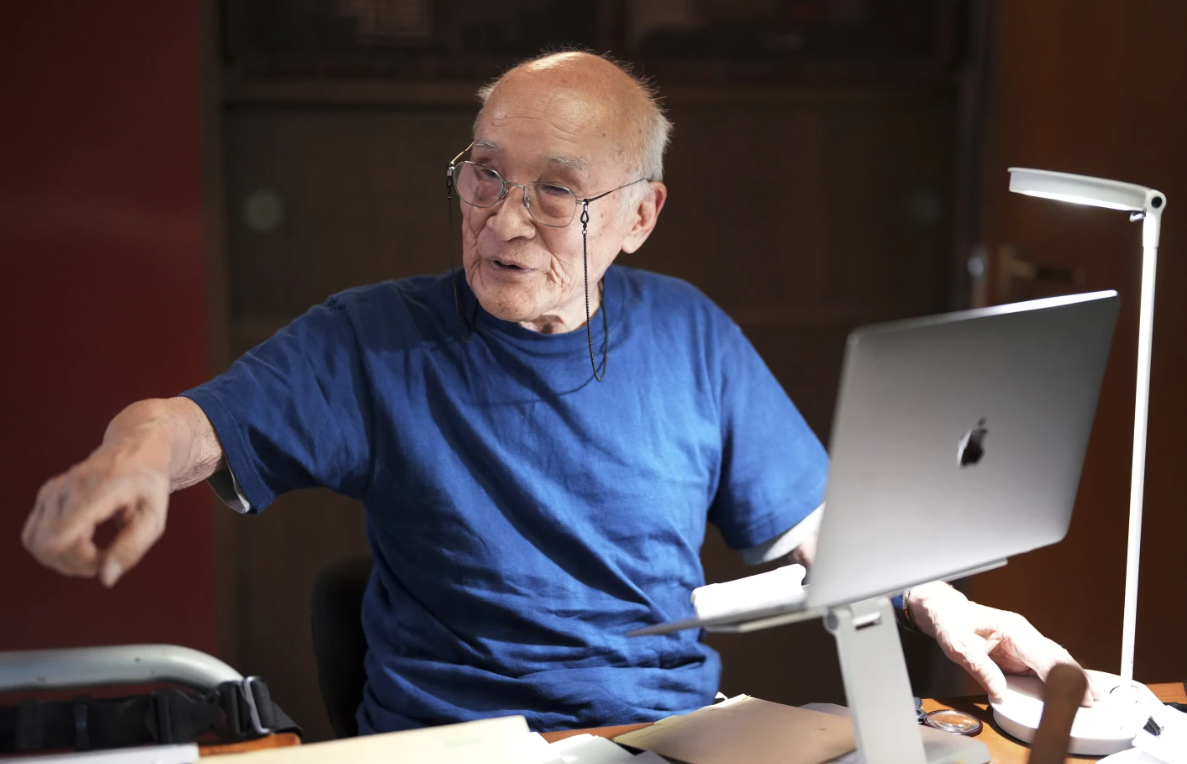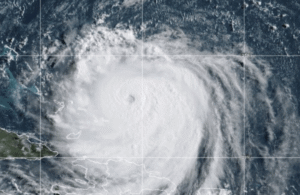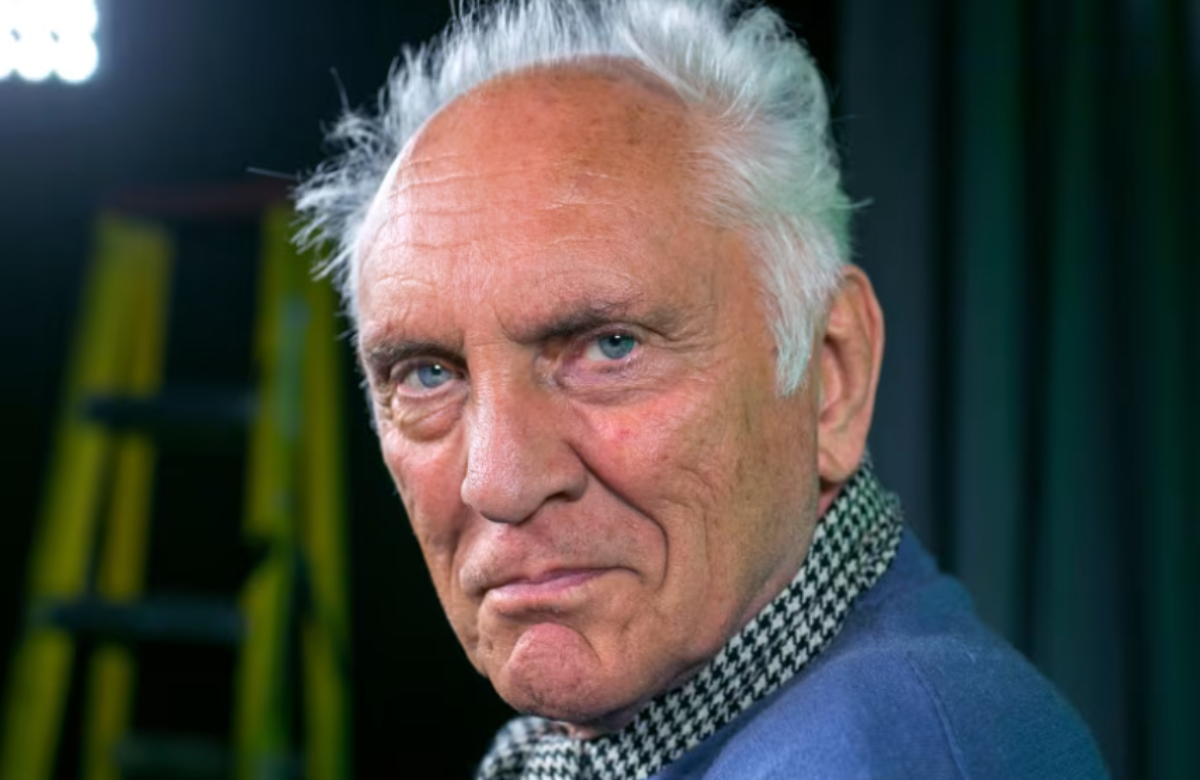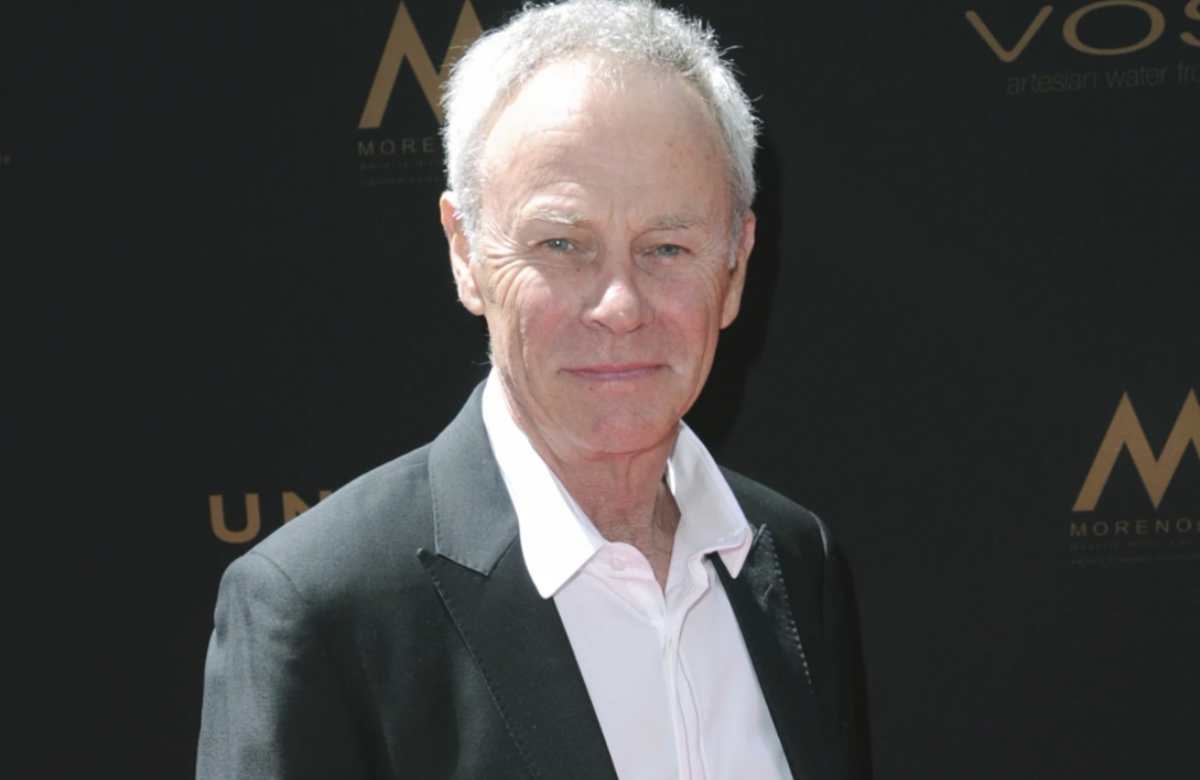Shuntaro Tanikawa, the father of modern Japanese poetry and pioneer of poetry that diverges from the traditional haiku style, has died at the age of 92. He died of old age at a hospital in Tokyo on November 13, according to his son, Kensaku Tanikawa.
Tanikawa’s first collection of poetry, “Two Billion Light Years of Solitude” in 1952, took the literary world by surprise. This collection presented the astronomical content of everyday life in simple, yet lively language. This anthology, published before Gabriel García Márquez’s “One Hundred Years of Solitude”, gained great popularity.
Tanikawa’s poem “Kotoba Asobi Uta” (Word Play Songs) is an experiment in word analogy poetry. It features plays on words like “kappa” (mythical creature) and “rappa” (conch-playing) in a delightful rhythm.
Tanikawa said in a 2022 interview, “The Japanese language is the soil for me. Like a tree, I have planted my roots there, flowers and fruit have grown from its nourishment.”
Tanikawa not only expressed the beauty in the rhythm of the words, but also the hidden beauty in the small everyday things in the poems. One of his poems is famously titled “I wanted to talk to you at midnight in the kitchen”.
In addition to poetry, Tanikawa wrote the screenplay for “Tokyo Olympiad”, a documentary on the 1964 Tokyo Olympics. He also wrote the lyrics for the animation series “Astro Boy”.
Tanikawa translated the works of Mother Goose, Maurice Sendak, and Leo Leoni into Japanese, including the “Peanuts” comic strip. At the same time, his poems have been translated into English, Chinese and many European languages. Some of his works have been published as children’s picture books, and are included in Japanese school textbooks.
In Tanikawa’s poem “Coca-Cola”, he introduced a new direction to Japanese poetry by using foreign words. Describing a boy’s opening of a Coke can, he writes, “If he had seen an infinite universe beginning or ending at the tip of the can, he would have been completely ignorant. He would have used all his stored vocabulary, even the words of his future, to name the unknown.”
The end of Tanikawa’s first poem reads, “Because the universe continues to expand, we are all restless. In the cold of two billion light years of loneliness, I suddenly sneeze.”
Tanikawa never took himself too seriously. He was always seen reciting with other poets. According to him, poetry first descended as inspiration from heaven. However, as they grew older, they began to feel that they originated from the earth.
Tanikawa was not afraid of death. He had said, “I’m more curious about where I’ll go after death. It will be a different world, won’t it? But I don’t want pain. I’d rather die suddenly than after major surgery.”
With the death of Tanikawa, the literary world has lost a legendary poet. The power of his poems will continue to inspire generations to come, said his son Kensaku Tanikawa. His family has cremated him privately, and a farewell event will be organized in his honor soon.













